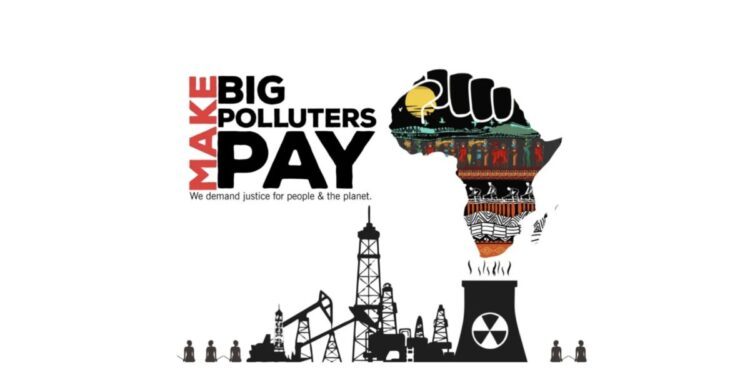Africa Make Big Polluters Pay Coalition has rejected the inaugurated Tropical Forest Forever Facility, describing it as a dangerous and misleading attempt to financialise nature under the guise of protecting it.
The submission was made in a statement by Corporate Accountability and Public Participation Africa on Monday.
It stated that the group rejected the newly launched TFFF at the ongoing United Nations Climate Change Conference in Belém, Brazil.
The Africa MBPP comprises over 32 member organisations, including CAPPA, Gender CC Southern Africa, and the Global Forest Coalition, among others, from across the continent, committed to holding polluting corporations accountable for their significant contributions to the climate crisis.
The TFFF, spearheaded by Brazil, is being touted as a $125 billion blended-finance fund that promises annual payments to countries for protecting and maintaining their forests. The Africa MBPP stated that the facility, widely marketed as an innovative climate finance instrument, provides no real support to climate-vulnerable nations.
The coalition warned that TFFF reduces tropical forests to “tradable assets” controlled by powerful financial institutions, who will in turn perpetuate the same extractive systems that drive deforestation, exploitation, and inequality.
“The excitement that has trailed the launch of the TFFF is misplaced. Rather than safeguarding forests, it commodifies living ecosystems, undermines indigenous and community-led stewardship, and erodes the principles of climate justice it claims to uphold,” the coalition said.
According to the group, the TFFF poses significant risks to Africa, which is home to some of the world’s most biodiverse forests and climate-vulnerable communities.
“Instead of empowering African nations, the facility risks tightening financial dependence and eroding local sovereignty over forest resources. Countries including Nigeria, Angola, Benin, Cameroon, Côte d’Ivoire, Equatorial Guinea, Ghana, Liberia, Mozambique, Rwanda, Sierra Leone, Togo, and Uganda are being drawn into a system. This places investor returns above community needs,” stated the coalition. “What it offers is not real climate finance, but new layers of external bureaucracy and financial engineering.”
According to the group, the TFFF’s model, which centres a large investment fund whose returns are prioritised for investors before any payments reach countries, risks deepening corporate influence and excluding frontline communities whose knowledge and custodianship have long protected biodiversity.
(NAN)






